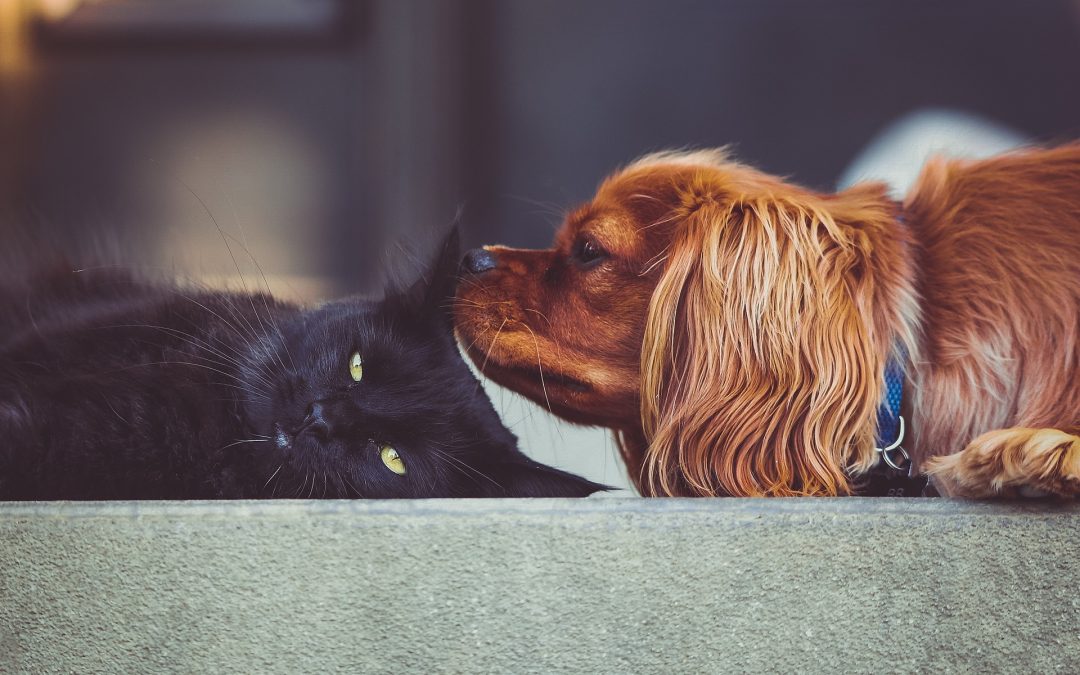Every pet owner should know what to do if their pet’s been poisoned. There are many toxic chemicals and substances your pet can come into contact with that you use daily. Here are some tips on poison prevention for pets.
Poison Prevention Plan
The best thing you can do is try to prevent poisoning from ever happening. Therefore, keep toxic items out of reach of your pets, including your garbage. Additionally, try to use products in your home and outside that are safe for pets to be around. Keep in mind that poisoning can occur by accident, no matter how careful you are. Make sure you have the information and resources to handle it if the situation arises.
What to Do If Your Pet’s Been Poisoned
Even if your pet’s acting “normal,” if you know they’ve been poisoned seek medical attention immediately. Some symptoms of toxicity may not appear for hours or even days. Therefore, don’t wait for your pet to show obvious signs of illness because it might be too late for medical help by that time. Common signs of poison exposure include lethargy, poor appetite, seizure, collapse or difficulty breathing.
Additionally. never attempt to fix your pet yourself with home medications without seeking medical advice first. Trust a veterinary professional to provide you with the information you need to get your pet back healthy and safe. Advice given depends on the type of poison exposure. Here’s some advice for common situations:
- You may be asked to induce vomiting at home using a new, non-expired bottle of hydrogen peroxide. However, never do this unless advised by a professional. They’ll provide instructions on how much hydrogen peroxide to give.
- If your pet’s fur’s been in contact with a toxin, you may need to bathe them. A professional may recommend a standard shampoo or something stronger depending on the specific toxin and situation.
- The best plan may be to take your pet to the nearest open vet clinic. Get there as quickly as you can but always remember to be safe. Also, bring the toxin with you if applicable and available.
Have a Safety Plan
Part of poison prevention is preparation. Keep your pet’s medical records and information, food and drug allergies and form of identification like a microchip in an easily accessible area in case you need to go to a new vet clinic. Also, make sure your dog or cat has a collar with an ID tag or keep it somewhere close like near the door so you can grab it on your way out.
Do you suspect your dog or cat’s eaten something poisonous? Call your veterinarian at Regal Animal Hospital in Lake Worth, Florida or the Pet Poison Helpline at 855-764-7661 immediately! The sooner you seek medical attention for your poisoned cat or dog, the sooner your pet is treated, making them safer and the treatment less stressful for you.

